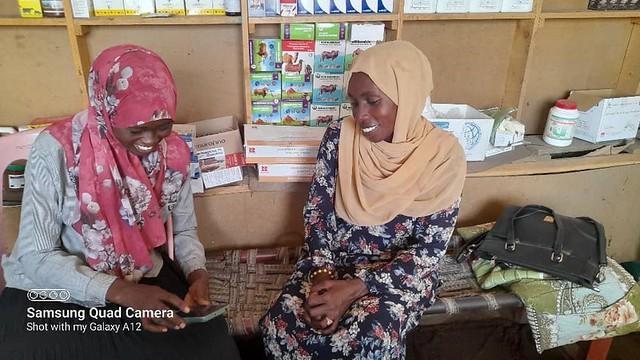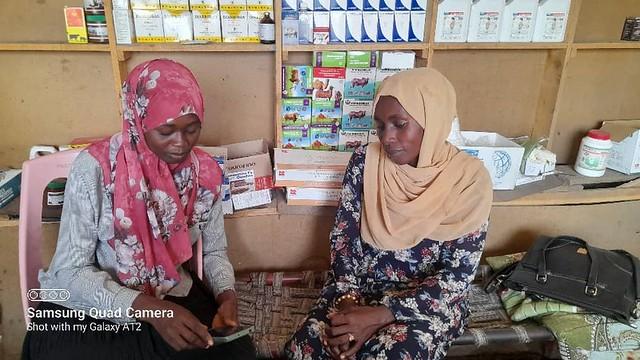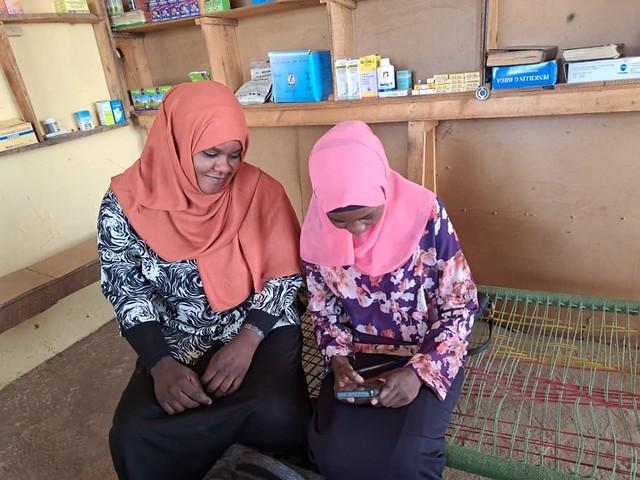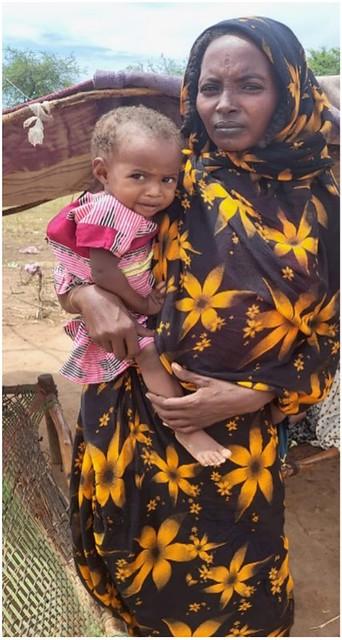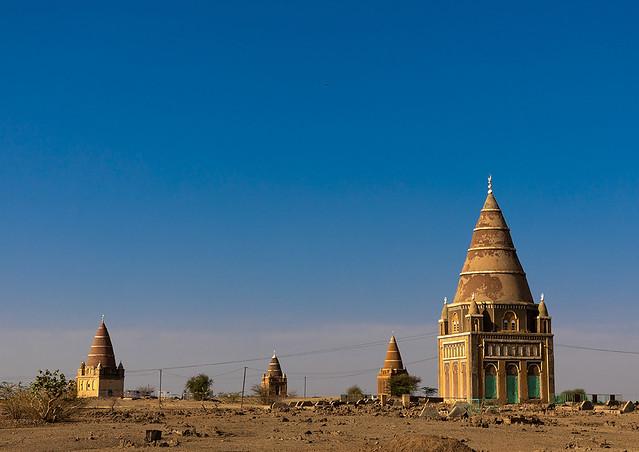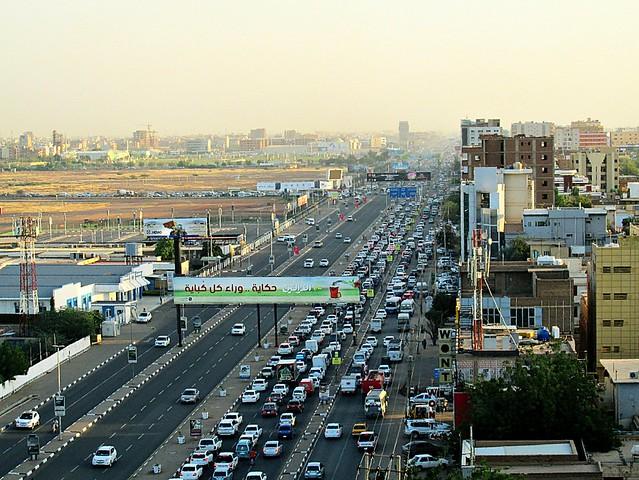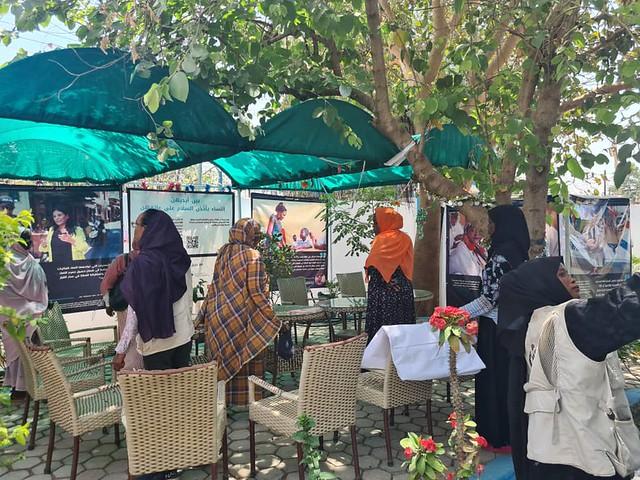East Darfur
Overview
Overview of East Darfur
East Darfur, one of Sudan’s states, offers a unique glimpse into the diverse cultural tapestry of this vast country. Situated in the western part of Sudan, East Darfur is known for its rich traditions and the distinct ethnic groups that inhabit the region, including the Rizeigat and the Ma'alia. The state capital, Ed Daein, serves as a cultural and economic hub where visitors can experience local markets bustling with vibrant crafts and textiles unique to the area. The region's culture is also expressed through its music and dance, making it a lively place to explore Sudanese traditions. As a region less frequented by tourists, East Darfur offers an authentic experience of Sudanese life away from the more tourist-trodden paths.
High Season for Tourism
The best time to visit East Darfur is during the dry season, which runs from November to March. During these months, the weather is more temperate and conducive to travel, with less rainfall and lower humidity levels compared to the rainy season. This period is ideal for exploring local markets, participating in cultural festivals, and visiting nearby villages. Activities might include guided cultural tours, wildlife viewing in the state’s more arid regions, and engaging with local communities to learn about their crafts, culinary arts, and way of life. The cooler evenings are perfect for sampling traditional Sudanese meals under the stars, creating an unforgettable experience.
Preparation Before Visiting
Traveling to East Darfur requires careful preparation. It's essential for travelers, particularly teenagers, to be aware of the travel advisories and ensure all necessary visas and vaccinations are in order. Sudan generally requires visitors to have a visa, which can be obtained from Sudanese embassies or consulates. Make sure to be vaccinated against common diseases found in the region, such as yellow fever and typhoid, and consider malaria prophylaxis. Additionally, cultural sensitivity is crucial; visitors should respect local customs and dress modestly. Learning a few basic phrases in Arabic can be helpful for communication. Lastly, due to limited access to banking facilities in remote areas, carrying sufficient cash and a basic first-aid kit is advisable for dealing with minor health issues.
How It Becomes to This
History not available

You May Like
Explore other interesting states in Sudan
Discover More Area
Delve into more destinations within this state and uncover hidden gems.


